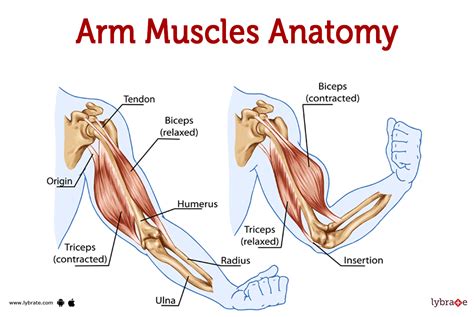Optimize workout recovery for peak performance & muscle growth?

You push hard in the gym, feeling the burn and the satisfaction of a challenging workout. But what happens after you rack the weights? The hours and days following your training sessions are just as, if not more, crucial than the workout itself. Optimal recovery is the silent partner in your journey to peak performance, increased strength, and significant muscle growth. Neglect it, and you risk plateauing, injury, and diminished returns on your effort.
The Science Behind Effective Recovery
When you exercise, especially during strength training, you create microscopic tears in your muscle fibers. This process, known as muscle damage, coupled with the depletion of glycogen stores (your body’s primary energy source), is a necessary stimulus for adaptation. Recovery is the biological process where your body repairs these muscle fibers, making them stronger and larger, and replenishes energy stores. It’s also when your central nervous system recovers, preventing fatigue and burnout.

Pillar 1: Sleep – The Ultimate Anabolic State
Sleep is arguably the most critical component of recovery. During deep sleep stages, your body releases human growth hormone (HGH), which is vital for tissue repair, muscle growth, and fat metabolism. Lack of sufficient, quality sleep elevates cortisol levels (a stress hormone) and impairs glucose metabolism, hindering both performance and recovery.
Actionable Sleep Strategies:
- Aim for 7-9 hours of quality sleep per night.
- Establish a consistent sleep schedule, even on weekends.
- Create a dark, cool, and quiet sleep environment.
- Limit screen time and caffeine before bed.

Pillar 2: Nutrition – Fueling Repair and Growth
What you eat (and when) directly impacts your body’s ability to recover and adapt. Post-workout nutrition focuses on two key areas: protein intake for muscle repair and carbohydrate intake for glycogen replenishment.
Key Nutritional Components:
- Protein: Consuming adequate protein (20-40g) post-workout, and throughout the day, provides the amino acids necessary for muscle protein synthesis. Good sources include lean meats, fish, eggs, dairy, and plant-based proteins.
- Carbohydrates: Replenish depleted glycogen stores with complex carbohydrates like whole grains, fruits, and vegetables. This is crucial, especially for high-intensity or endurance athletes.
- Healthy Fats: Essential for hormone production and reducing inflammation, incorporate sources like avocados, nuts, seeds, and olive oil.
- Hydration: Water is critical for all bodily functions, including nutrient transport and temperature regulation. Electrolytes lost through sweat also need to be replenished.

Pillar 3: Active Recovery & Mobility
While rest is crucial, complete inactivity isn’t always the best approach. Active recovery involves low-intensity exercise that promotes blood flow without adding significant stress to the body. This can help clear metabolic waste products and reduce muscle soreness.
Effective Active Recovery Methods:
- Light cardio (walking, cycling)
- Stretching and foam rolling to improve flexibility and reduce muscle stiffness.
- Yoga or Pilates for gentle movement and core stability.
- Massage or self-myofascial release.

Pillar 4: Stress Management & Listening to Your Body
Chronic stress, whether from workouts, work, or personal life, elevates cortisol levels, which can hinder recovery, impair muscle growth, and even lead to fat storage. Incorporating stress-reducing practices is vital for overall well-being and recovery.
Strategies for Stress Management:
- Meditation or mindfulness practices.
- Spending time in nature.
- Deep breathing exercises.
- Ensuring adequate rest days between intense training sessions.
Furthermore, learn to listen to your body. Signs of overtraining include persistent fatigue, prolonged muscle soreness, decreased performance, irritability, and disrupted sleep. Adjust your training volume, intensity, or recovery strategies accordingly.

Conclusion: Make Recovery Your Priority
Optimizing workout recovery isn’t just about feeling better – it’s a strategic component of your fitness journey that directly impacts your ability to achieve peak performance and significant muscle growth. By prioritizing quality sleep, intelligent nutrition, active recovery, and effective stress management, you provide your body with the best possible environment to adapt, grow, and come back stronger, faster, and more resilient for every single workout.







